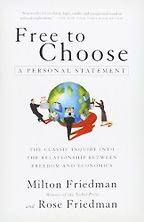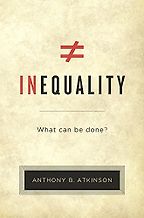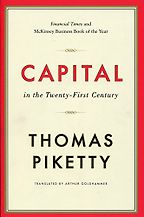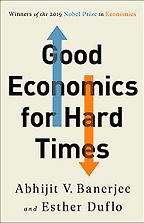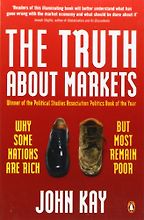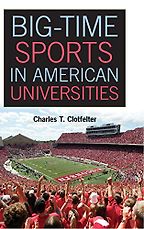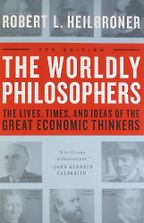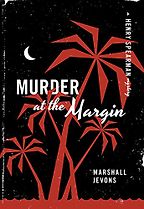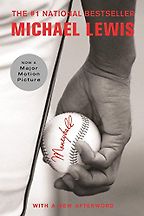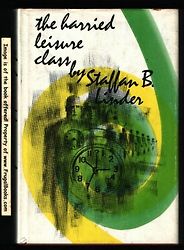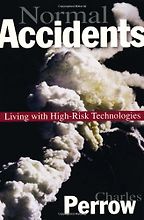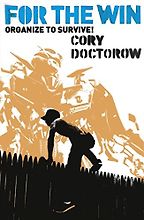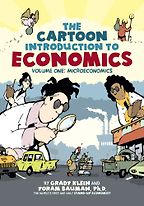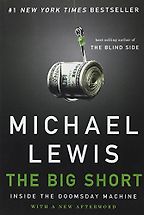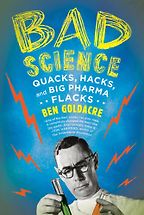Popular Economics Books
Last updated: August 26, 2024
Economics is a subject that's done with equations and figures, but popular economics books seek to get the basic messages of the subject across using only words. Below, some of our interviews that recommend broadly introductory books, tackling what the subject is about (allocation of scarce resources), and some of the debates within it (a key divide is about the role of the state: with John Maynard Keynes on one side and Milton Friedman on the other). Closely related to economics is the world of finance, with books by Michael Lewis, a journalist who had a brief career as an investment banker, often recommended on Five Books as both entertaining and well-informed.
Other well-known popularisations of economics include The Armchair Economist, Naked Economics, Freakonomics and The Accidental Theorist by Paul Krugman. (See also our list of new economics books).
The best books on Learning Economics, recommended by John Quiggin
We live in a society where it’s vital to have a good grasp of economics, but that doesn’t mean you need an economics degree to understand what it’s all about. Australian economist John Quiggin, author of Economics in Two Lessons, recommends books for learning about economics, all accessible to the general reader, and tries to dispel some of the myths about what it is professional economists do.
-
1
Thinking Strategically: The Competitive Edge in Business, Politics, and Everyday Life
by Avinash Dixit & Barry Nalebuff -
2
Money Changes Everything: How Finance Made Civilization Possible
by William Goetzmann -
3
Hidden Order: The Economics of Everyday Life
by David Friedman -

4
The Truth About Markets: Why Some Nations are Rich But Most Remain Poor
by John Kay -
5
Grand Pursuit: The Story of the People Who Made Modern Economics
by Sylvia Nasar
The Best Introductions to Economics, recommended by Tim Harford
The Best Introductions to Economics, recommended by Tim Harford
Nearly every aspect of our life is determined by economics, and yet it’s easy to go through life understanding very little about it. Author and columnist Tim Harford (aka the ‘Undercover Economist’) introduces the best books to get you thinking like an economist.
Books that Show Economics is Fun, recommended by Daniel Hamermesh
According to Keynes, to be a good economist you have to be good at maths but not too good, good at history but not too good, and good at philosophy but not too good. Economics is also a lot of fun, argues economist Daniel Hamermesh. He chooses five books to make his case.
Unexpected Economics Books, recommended by Tim Harford
You can find economics lessons in the most unlikely places, including the virtual world of computer games, says Tim Harford, author of a number of economics books aimed at the general public. He recommends five books that you wouldn’t necessarily expect on a list of popular economics books, but nonetheless contain important lessons.
